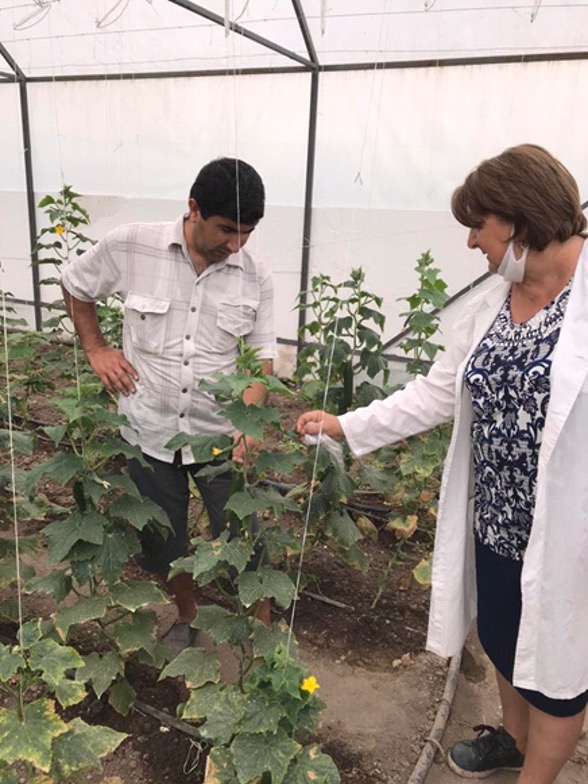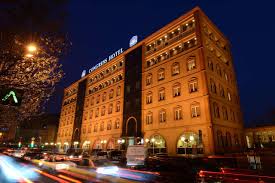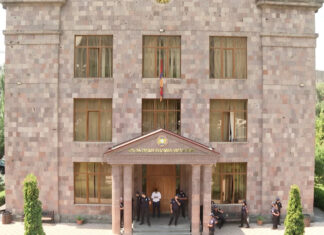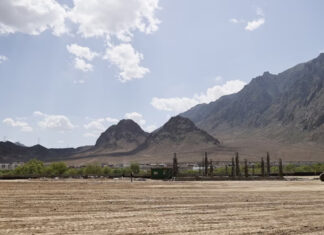By Armen Festekjian
Special to the Mirror-Spectator
YEREVAN — With now more than 39,000 coronavirus cases and more than 700 deaths according to the Ministry of Public Health of the Republic of Armenia, the country continues to fight to reduce their numbers and restore safety and health through restrictions and other protective measures.
All are required to keep social distancing rules and nearly everyone above the age of 6 is required to wear a mask in public spaces and in vehicles of more than one person. Businesses were allowed to reopen starting May 4, 2020 after the state of emergency announced on March 16, 2020 that required schools, universities, and businesses to close.
Small businesses, cafés, restaurants, and hotels struggle to remain open amidst rising numbers of cases, restrictions on the public, and new safety measures.
“The purchasing power of the Armenian people has reduced,” claims Sebouh Mardirossian co-founder of AGROnet, a small business connecting Armenian farmers to the hospitality industry. AGROnet received 300 dollars in government assistance but needed much more. While many businesses were required to close during the initial lockdown starting March 16, food related organizations remained open. Since the onset of the pandemic, AGROnet has had a 65-percent reduction in sales. Due to the closure of borders with neighboring countries and restrictions on travel, informal importation stopped altogether and formal import prices increased. Only containers and big trucks were able to move through.









